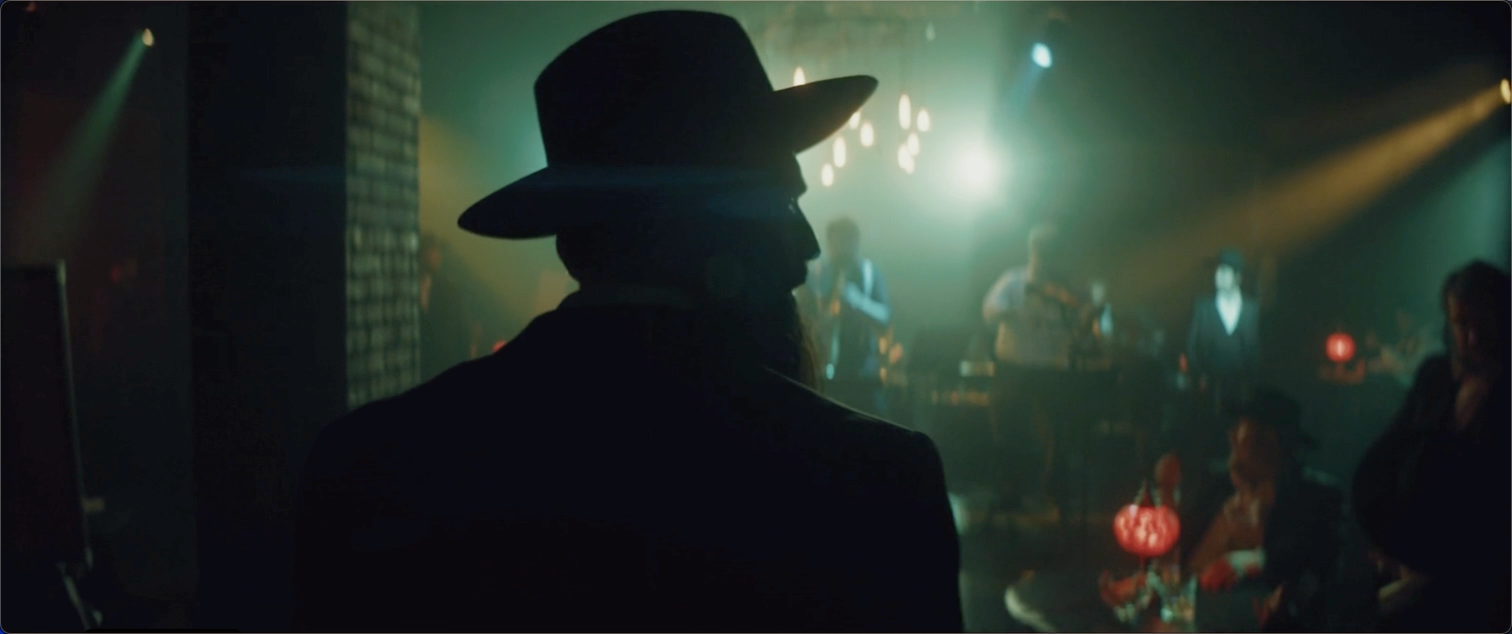Some corporate events are mandatory — everyone who isn’t sick or on vacation will be there. The rest, obviously, are optional. You might think that promoting events is only necessary for the second group…and you’d be wrong. Promotion doesn’t have to be as emphatic for mandatory events, but you should still promote mandatory events, simply because you want your people to come to the event with a sense of anticipation rather than resignation.

Promotion Channel: The Website
Your event should have its own webpage, whether it’s on your corporate site, on a dedicated page like EventBrite, or even ‘just’ a Facebook page. The website needs to have a description of the event’s purpose and highlights, including:
- The time, place, and topic of the event,
- Pictures, bios, and intended topics of any speakers at the event,
- An ‘icon’ for the event, be it a picture of an empty event space, a modded company logo customized for the event, or even just the organizer’s smiling mug,
- Any other curated content relevant to the event, the speakers, the venue, etc., and
- An RSVP, Register Now, or some other call-to-action that will get you an idea of who is going to attend.
Set your website up as soon as you have the details of the event nailed down — months ahead of time is excellent; there’s no such thing as too much lead-time for a website.
Promotion Channel: Email
You don’t want to spam people about your event, that’s only going to drive them away. Instead, craft exactly 2 emails: one to send out the day that registration opens up, and one to send out a few days before the event. They should be different in content, but similar in structure, including:
- A catchy, emotion-driving Subject line like “X things you’ll miss out on if you aren’t at EventName” or even “X secrets that will be exposed at EventName” — just be sure your email’s contents deliver on the promise your subject line makes,
- A video embedded in the email — preferably one of the speakers doing just 20-30 seconds on why the recipient is going to want to listen to them speak at the event,
- Some form of social validation that your events are good, such as quotes from previous attendees, credentials for your speakers, or even just a note from a corporate bigwig about how much they’re looking forward to the event, and
- A link so the website with an exhortation to register promptly.
Send your emails on a weekend (better rate of clickthrough on the weekends) if possible, in the evening if it’s a weekday, and from an account with a friendly, nonthreatening name (NOT a manager or officer’s account!)
Promotion Channel: Social Media
Social media is a great way to bring together people and create on-the-spot social validation for your event. There are several ways you can involve a few social media channels in your promotion:
- Create a hashtag that’s unique to your event (check Twitter, Facebook, Instagram, and similar for existing hashtags), and tag every post on every medium with that hashtag.
- Create ‘event accounts’ for each social media channels that you’re going to run on, and link the bios of those accounts directly to the event page for the event. (You can reuse these down the road, so don’t name them anything specific to the event, though.)
- Set up your registration page such that, upon registering, the guest is dropped off at the event’s social media page and also exhorted to follow the event’s Twitter/Instagram/whatever account.
- Social media is a fluid and fast-moving thing where the vast majority of messages are missed because other things come in after them — so post early, post often, and set up automated posts at regular intervals.
Of course, none of the online promotion should ever take the place of in-person promotion using flyers, word-of-mouth, and other ‘meatspace’ techniques — but the more modern your office, the more the Internet can and should be a vital part of your promotion efforts.



